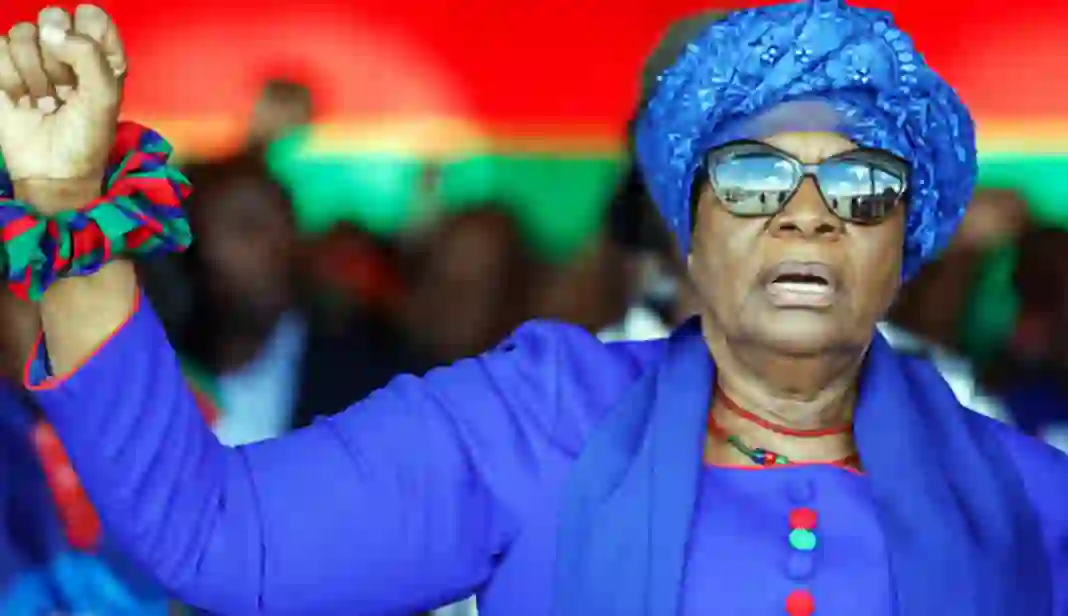Southern Africa country, Namibia, has been in crisis since last week’s Presidential Election that saw the emergence of Netumbo Nandi-Ndaitwah as the country’s first ever Female President.
Nandi-Ndaitwah whose Party, SWAPO, has been a dominant force in the country, saw major Opposition Parties in the country disputing the results.
The Electoral Commission of Namibia, ECN, had announced that Nandi-Ndaitwah, who is 72 Years old, captured over 57% of the vote, while her closest rival, Panduleni Itula of the Independent Patriots for Change, IPC, secured 25.5%.
Despite the outcome, the IPC rejected the results, citing irregularities and logistical issues during the voting process.
Nandi-Ndaitwah, a long-serving SWAPO figure, takes over the leadership of the resource-rich country which has been under SWAPO rule since its independence in 1990.
Her leadership marks a new chapter as she becomes one of the few female leaders on the African continent.
The election held on November 27, faced significant logistical problems, including ballot shortages and technical problems with electronic voter registration equipment.
These challenges led to longer voting days and long lines, with some citizens abandoning the process after waiting for as long as twelve hours. The IPC has labeled these issues as deliberate attempts to disenfranchise voters and has vowed to challenge the election results through legal channels.
The South African Human Rights Lawyers Group, which oversaw the election, also criticized the widespread delays, describing them as deliberate.
The ECN has admitted organizational shortcomings, including overheating of electronic devices and insufficient ballots, but has defended the overall process.
Turnout was high: almost 77% of the 1.5 million registered voters took part. The election was seen as a crucial test for SWAPO, which is facing growing dissatisfaction among young voters – a trend mirrored by other liberation-era parties in the region such as South Africa’s ANC and the Botswana Democratic Party , which have recently faced significant political setbacks.
Despite Namibia’s wealth in uranium and diamonds, much of its population of nearly three million people has not seen the benefits, with youth unemployment rising to an estimated 46% in 2018. Nandi-Ndaitwah has pledged to tackle these issues and create jobs through the use of economic diplomacy and attracting investment.
Known for her gold-framed glasses and consistent display of SWAPO’s blue, red and green colors, Nandi-Ndaitwah highlights the experience and wisdom she brings to her new role.
As she rises to power, she faces the challenge of uniting a nation divided by electoral controversies while delivering on her promises to boost economic growth and job creation.
Discover more from The Source
Subscribe to get the latest posts sent to your email.








